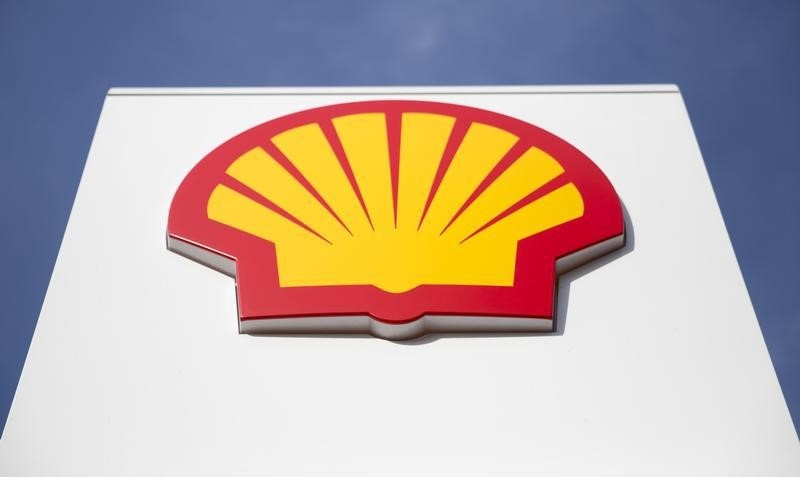By Kristen Hays
HOUSTON (Reuters) - Royal Dutch Shell Plc (L:RDSa) said on Tuesday it received U.S. approval to export a very light form of crude oil that has undergone minimal processing.
Shell had been working with the U.S. Department of Commerce's Bureau of Industry and Security (BIS) on how to ship lightly processed condensate overseas without violating a decades-old crude export ban, the company told Reuters. The BIS regulates export controls.
The approval enables Shell to move ahead with exports of condensate that qualifies as an exportable refined product as defined by BIS guidance issued on Dec. 30, the company said.
However, U.S. crude oil prices have fallen by more than half since June, to less than $50 a barrel, and Shell said it would export processed condensate when it was sufficiently profitable.
"The timing of any potential future export of this product will be determined by the economics of the transaction," Shell said.
Previous approvals were given to Enterprise Products Partners (N:EPD), Pioneer Natural Resources
Condensate makes up an increasing portion of growing U.S. output, which reached a 25-year high of more than 9 million barrels per day last month.
Yet U.S. refiners and petrochemical companies have a limited appetite for the super-light crude and, until last year, the oil industry believed it needed sophisticated processing, such as provided by a refinery, before it could be exported.
A few companies received private approvals in 2013 and last year that allowed exports as long as the condensate had been run through a distillation tower such as a stabilizer, which removes natural gas liquids, but does not make motor fuels.
Stabilizers are common in the Eagle Ford shale in Texas to ensure that crude and condensate are safe to transport in pipelines.
About two dozen companies, including Shell, have sought more clarity from the BIS. At least one prominent Eagle Ford producer, BHP Billiton Ltd (AX:BHP), moved forward with exports without waiting for a ruling, confident that its output would undergo sufficient processing to qualify.

The BIS issued guidance on Dec. 30 - which the agency had been working on for most of 2014 - to provide more clarity to companies awaiting rulings. The agency also started telling some companies that they should do follow BHP's lead.